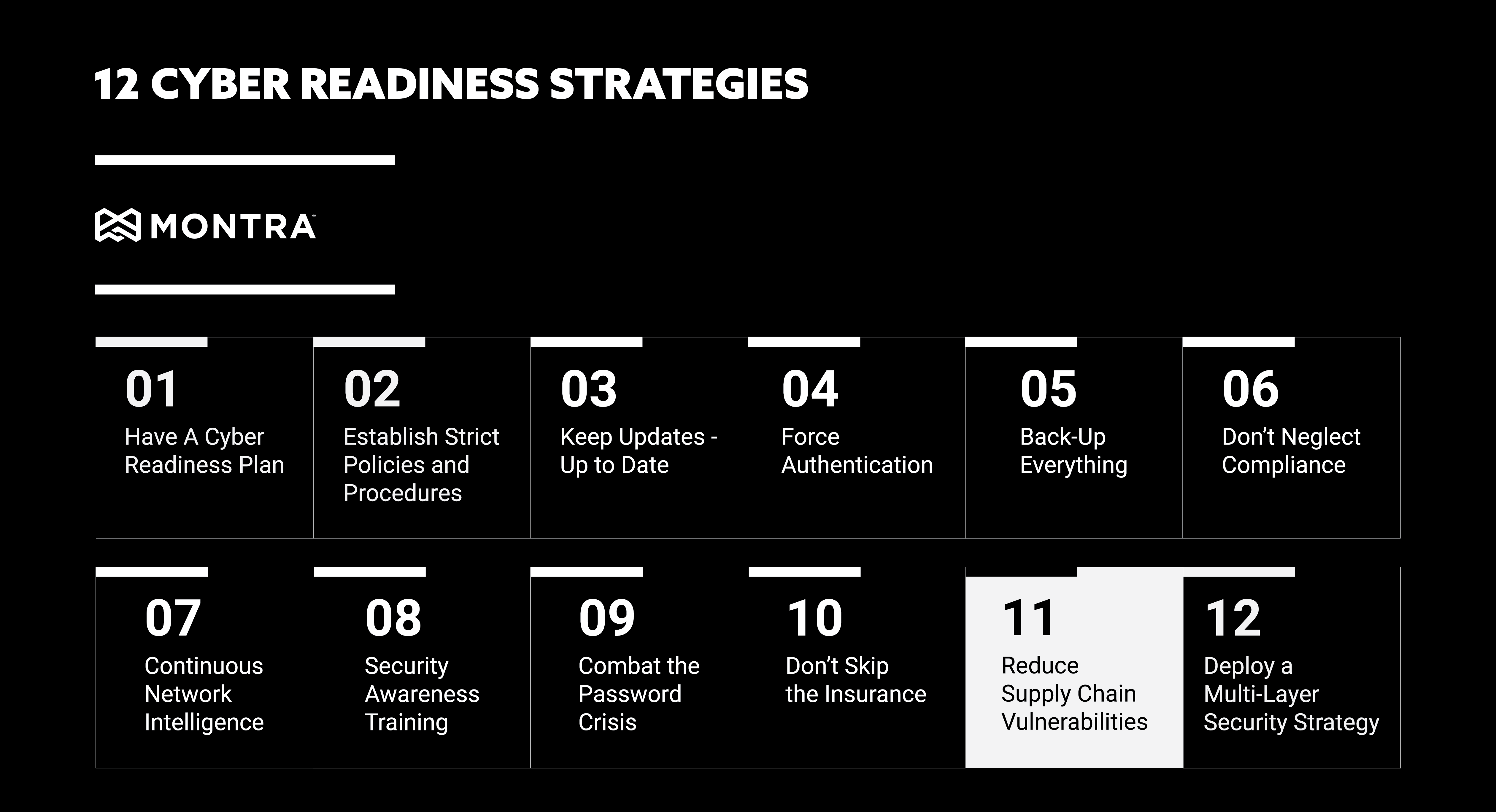Four Benefits of Outsourcing Your IT Logistics Processes
IT logistics is the set of process a business must execute to securely and efficiently deploy and manage IT devices in their remote operations. Whether in retail, consulting, healthcare, tech, or sports & entertainment, companies are deploying more technology in more far-flung locations than ever before. The IT logistics processes of your business can be quite tricky and require an extensive amount of expertise. From ensuring the security of sensitive data to tracking the location of your hardware and software assets, IT logistics can pose quite a challenge to modern tech-enabled companies. One way to tackle this challenge is outsourcing your IT logistics processes. We discuss here the top four benefits of outsourcing IT logistics processes, which can assist you in making an informed decision about how to handle your company’s IT logistics needs.
1. Increased flexibility
Outsourcing IT logistics processes provide businesses with the flexibility to scale their IT needs up or down, depending on the changing market conditions. This flexibility allows businesses to manage their IT budgets better, and only pay for what they need. With outsourcing, businesses can supplement their internal IT teams during peak periods, or reduce their contract requirements during the off-season. Outsourcing IT logistics processes make it possible to align IT logistics with business goals and requirements.
Consider the findings from a survey conducted by Computer Economics, which revealed that 56% of businesses have outsourced their IT functions due to the scalability and flexibility it offers. Additionally, the Information Services Group’s (ISG) Managed Services Study found that 70% of businesses that outsourced their IT logistics services experienced improved budget management, primarily due to the ability to scale their logistics operations according to business needs. These numbers not only highlight the benefits of outsourcing in terms of flexibility but also illustrate how outsourcing IT logistics can contribute towards efficient budget management.
2. Improved Risk Management
Outsourcing IT logistics services help businesses to reduce their risk exposure when preparing devices for deployment, and managing and securing devices deployed in the field. A study by IBM revealed that the average cost of a data breach in 2020 was $3.86 million, showing the substantial financial risk businesses face. By outsourcing IT logistics services, businesses can leverage best-in-class logistics software and processes to optimize availability, security and cost. Similarly, a survey by Intel Security found that 43% of businesses had experienced at least one data breach in the past year, further illustrating the need for businesses to outsource IT logistics to reliable, expert providers.
Good IT logistics companies offer pre-deployment security testing as well as post-deployment secure and private processing of data collected from devices in the field or when returned for processing. Good IT logistics partners will also provide data backup and recovery solutions that help businesses recover from data loss, ransomware, and other cyber-attacks.
Outsourcing IT logistics processes can also improve compliance with industry-standard regulations such as HIPAA, PCI DSS, and NIST by deploying the necessary security and privacy measures to protect sensitive data. A Verizon report found that only 28.6% of organizations are fully PCI DSS compliant, indicating the challenges that businesses face in adhering to industry standards. Outsourcing to a company with proven expertise in compliance can significantly alleviate these challenges.
3. Competitive Advantage
Outsourcing IT logistics processes provide businesses with access to high-end technology and top-notch expertise. Outsourcing companies typically have trained personnel and the latest technologies, making it possible for businesses to benefit from both. This is especially important for small businesses that cannot afford to hire and maintain a full-fledged IT team. CompTIA’s 6th Annual Trends in Managed Services report also highlighted that 89% of businesses that outsourced their IT logistics felt they had a competitive advantage over businesses that didn’t.
Outsourcing IT logistics processes not only provides businesses with access to current technologies but also future-proofs their operations against rapidly changing technologies. A recent study by Gartner revealed that 65% of organizations that outsource their IT logistics services have experienced technological advancements that would have been otherwise inaccessible. Furthermore, a survey by Deloitte showed that 66% of businesses that outsourced their IT logistics services had gained access to intellectual capital, which they wouldn’t have procured otherwise.
This access to top-notch expertise not only provides an edge over competitors but also allows for a focus on innovation and business growth. Outsourcing IT logistics services provides a significant competitive advantage in both technology access and expert knowledge.
4. Cost Reduction
Last but not least, outsourcing your IT logistics processes can be an excellent way to save money. Hiring an in-house logistics team can be quite expensive, with salaries, benefits, and training costs. Conversely, outsourcing IT logistics can offer financial advantages such as lower costs of operation, fixed contracts, and reduced overhead costs. Such benefits allow businesses to free up capital for other areas, such as product development, marketing, and other critical business functions.
According to a study by Deloitte, 59% of businesses outsource to cut costs. CompTIA’s 5th Annual Trends in Managed Services report shows that the average cost of a mid-level IT professional’s salary is $82,000. This doesn’t include additional costs such as benefits, office space, and training. On the other hand, a managed IT logistics contract could cost a mid-size business as little as $3,000 a month, which totals around $36,000 per year. This represents savings of more than 50% a year, which can then be invested in areas like product development and marketing, thus fueling business growth.
Additional Factors
While outsourcing IT logistics processes also helps with certain challenges that businesses must be prepared to address. These include potential issues with quality control, data security concerns, and the need for effective communication and collaboration with the outsourcing partner. It’s crucial for businesses to carefully assess their potential partners’ capabilities and establish clear expectations and guidelines to ensure a successful outsourcing relationship.
In Conclusion
Outsourcing IT logistics processes can provide businesses with numerous benefits such as cost reduction, competitive advantage, increased flexibility, and improved risk management. The advantages of outsourcing are ideal for businesses that need the benefits of IT logistics processes but without the high costs associated with recruiting and retaining an internal logistics team. It is essential to choose a reliable, trusted, and experienced logistics company. With the proper software and services solution, businesses can improve their bottom line by focusing on their core business functions, while the outsourcing company takes care of the IT logistics processes.


